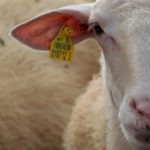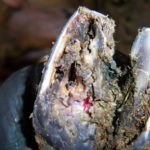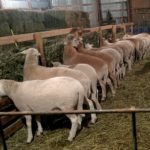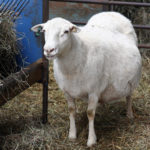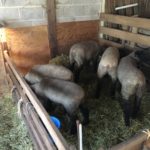Main Content
Proper identification is an important aspect of raising sheep. Whether you are a 4-H member raising only one market lamb per year or working toward establishing your own breeding operation, you will need to know U.S. Department of Agriculture (USDA) identification requirements and NJ Division of Animal Health rules. Scrapie Identification is required by the […]
